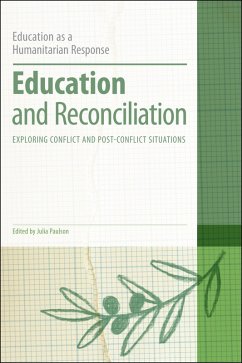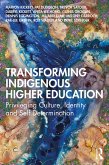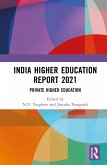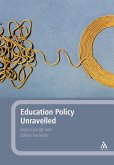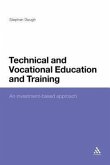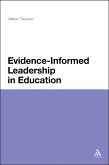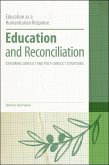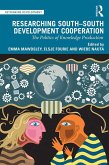What is the relationship between education and reconciliation initiatives? Who encourages and enacts it and who discourages and detracts from it? Do reconciliatory educational practices offer any insight into the nature of reconciliation as a process?
Drawing on international research in numerous countries, including Bosnia Herzegovina, Rwanda, South Africa, Jordan, Peru and the USA, the contributors consider, conceptually and empirically, the role of education in reconciling societies, groups and individuals divided by conflict. These case studies expand conceptual and empirical understandings of the understudied relationship between education and reconciliation and its potential for addressing and repairing the divisions of conflict. Each chapter contains a summary of the key points and issues within the chapter to enable easy navigation, key relevant and contemporary questions to encourage you to actively engage with the material and an annotated list of suggested further reading to support you to take your exploration further.
Drawing on international research in numerous countries, including Bosnia Herzegovina, Rwanda, South Africa, Jordan, Peru and the USA, the contributors consider, conceptually and empirically, the role of education in reconciling societies, groups and individuals divided by conflict. These case studies expand conceptual and empirical understandings of the understudied relationship between education and reconciliation and its potential for addressing and repairing the divisions of conflict. Each chapter contains a summary of the key points and issues within the chapter to enable easy navigation, key relevant and contemporary questions to encourage you to actively engage with the material and an annotated list of suggested further reading to support you to take your exploration further.

